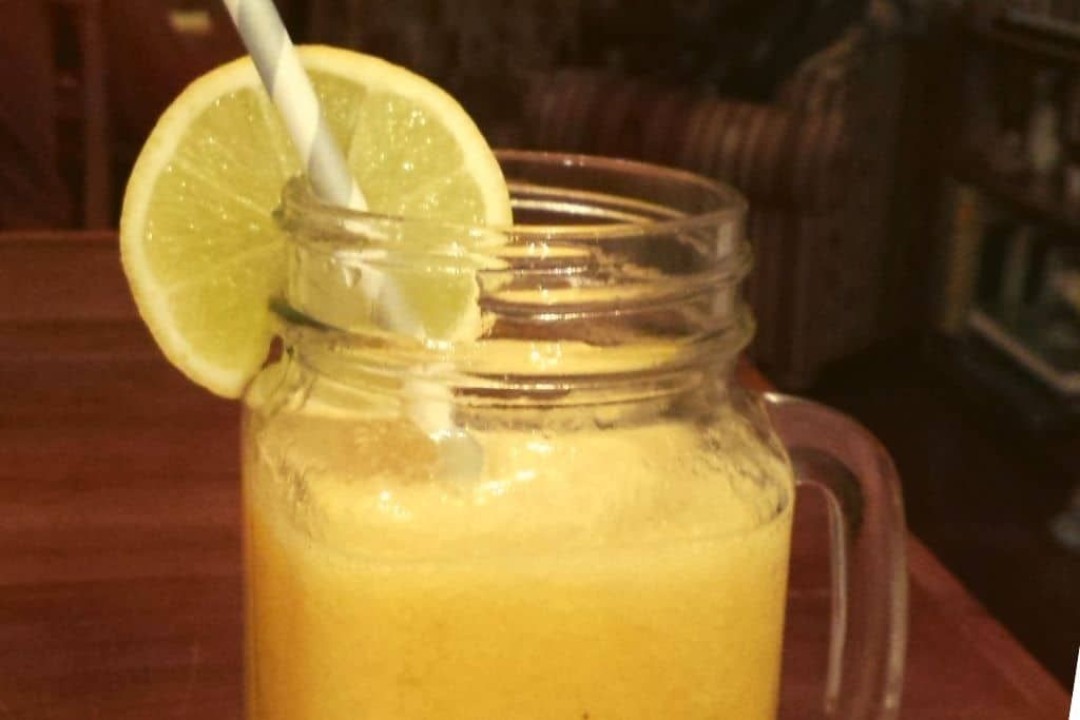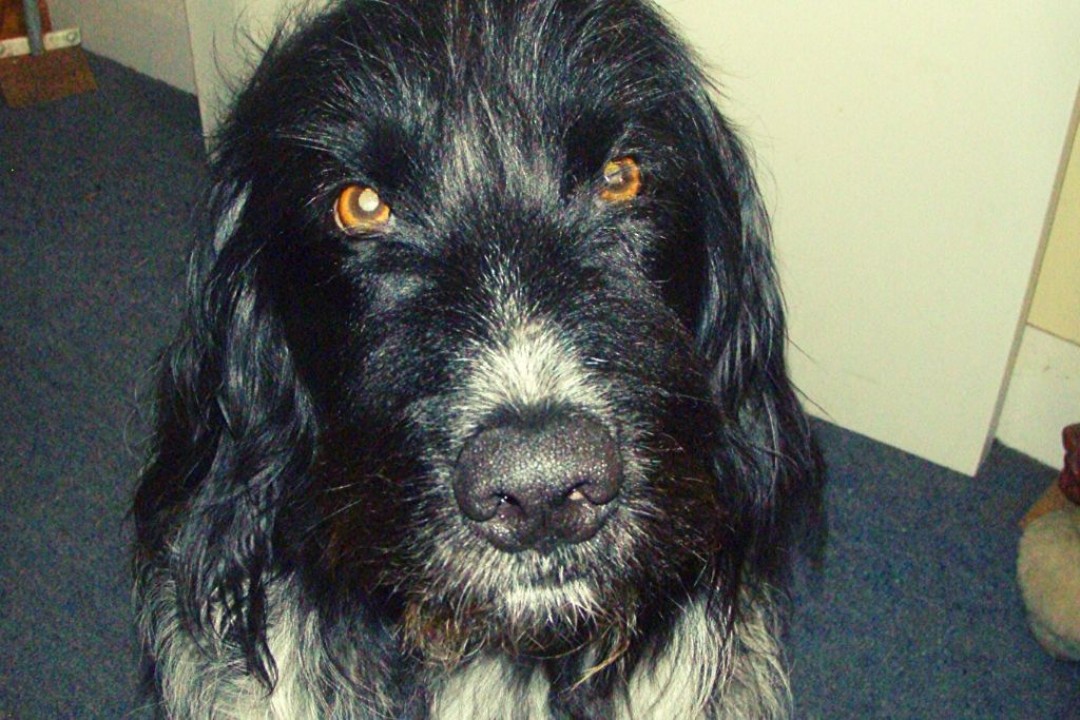Boundary work in the Silly Season
December 11th, 2024 Guest Posts 1 comment

This article was first published by the good folk at Blueprint for Learning. With their permission (coz this is where I do my day job!) I have shared it here, knowing it will be helpful for those of us who are working on staying sober this silly season.
=====
Building boundaries to keep the festive season stress free
As we head into the busy holiday season, a focus on boundaries can keep the ‘silly season’ manageable.
For many people, December is like Santa’s stocking – full of good things but stuffed to overflowing.
There may be extra pressures at work, as things wrap up for the year. Socially, it is a busy time too, with lots of year-end and festive events to attend, and what seems like endless feasting.
For some of us, it is a joyful time – a time for decorating the Christmas tree, baking with children, and catching up with dear friends and whānau. We crank up the tunes – with Mariah Carey and Micheal Bublé hits on repeat – and reflect on the year, with some attending religious services and giving to charity.
But for some, Christmas and the holiday season can be challenging. There can be financial pressures to buy gifts. For those who have lost someone special, it can be a time tinged with grief and loneliness. For others, attending events may trigger social anxiety. There may be challenging people and complicated family dynamics to navigate on Christmas Day. And for those experiencing addiction issues, the festive season can be particularly hard.
Christmas isn’t always a jolly time
Around nine in 10 adults in the USA (89%) said they felt stressed during the holiday season, according to a 2023 American Psychological Association survey.
The highest cause of stress during the holidays was financial concerns (58%), followed by finding the right gifts (40%) and missing family or loved ones during the holidays (38%).
63% used negative words such as stressful, overwhelming or exhausting to describe the holiday season.
Setting boundaries as a form of self-care
Whether this time of year fills you with cheer or fear, setting personal boundaries can be a powerful form of self-care to safeguard your mental health and wellbeing.
Boundaries are the invisible lines you set for yourself about how you want to be treated and what you’re willing to accept. An important part of good boundaries is knowing how you will respond if those lines are crossed.
Try to set boundaries on your time, spending, and social engagements in December and January to reduce stress and help you to enjoy the festive season.
- Time boundaries: This time of year can feel hectic, so prioritise how you’ll spend your time. Let others know if you need to leave early or skip social gatherings. Pace yourself and honour your own personal needs for downtime.
- Financial boundaries: Be transparent with friends or whānau about gift expectations. You may find that others are feeling anxious about finances and are keen on alternatives. Suggest doing Secret Santa, handmade gifts or homemade vouchers to do something together, or focus only on gifts for tamariki.
- Social boundaries: Managing obligations with whānau, friends and colleagues can feel overwhelming, so practice saying “no” when necessary. If you know that interactions with certain people may be stressful, limit your time with them or plan to step away or deescalate conversations if needed.
- Addiction boundaries: For people in recovery, plan ahead. Let hosts know your preferences, such as non-alcoholic options. Bring along a trusted support person to help you stay accountable and have a plan to exit gracefully if you feel overwhelmed. If food is a concern, bring a dish you are comfortable with.
How to communicate boundaries with loved ones
Don’t feel embarrassed about openly communicating your boundaries with friends or family. By taking a confident, transparent approach, you can reduce misunderstanding and help develop positive, honest relationships while supporting your wellbeing.
- Set clear expectations. Before gatherings, it’s okay to let people know you’ll avoid discussions about politics or other contentious topics, if you think they might occur.
- Use “I” statements. Try to phrase things positively, in a way that reflects your own situation and personal needs, such as, “I need to step outside for some air”, rather than “You are stressing me out.”
- Be thoughtful and kind in your communication. Think about the other people’s feelings and show understanding, gratitude and appreciation where possible. For example, “Thanks for the invite but I can’t make it this time. I hope you have a wonderful day.” It’s always helpful to consider other people’s point of view or how they might receive your messages.
- Be specific. Let people know what you need and why, for example, “I’m focusing on my health, so I won’t be drinking this year.”
- Plan your response to pressure. If you experience pushback or argument from others, remain calm, reaffirm your boundary and redirect the conversation to a new topic.
- Deescalate conflicts. If a conversation or situation becomes heated, change the topic or excuse yourself. Calmly saying, “Let’s agree to disagree” can help. Sometimes, just walking away is better than continuing an argument.
Practical tips for managing holiday stress
- Build self-care into your holiday plan. Schedule downtime, prioritise sleep and healthy eating, and do something you love (swimming, walking or time in nature, a summer barbecue with friends).
- Check in with yourself: Reflect on how you’re feeling and adjust your expectations as needed.
- Practice mindfulness: Simple breathing exercises or grounding techniques can ease anxiety in overwhelming moments.
- Embrace self-compassion: Speak kindly to yourself and accept that it’s okay to feel less than cheerful.
- Seek support: Talk to trusted whānau, colleagues, or a counsellor about your feelings.
By setting boundaries and prioritising your wellbeing, you can cruise through the holiday season and into 2025 with a spring in your step, ready for the new year.
Article courtesy of Blueprint for Learning.
Continue reading
Tropic Cool
Recipe from my friend @sueK who says this drink is “Seriously tropical, seriously cool.” Ingredients: 1 frozen banana 1/2 cup orange juice Half cup of coconut water Method: Blend all ingredients together until well combined.
November 1, 2019
How do you move on from the need to escape?
With great bloody difficulty.
March 30, 2025 – 6 comments
My Sober Lockdown: Bonnie
This is a new series of ‘Sober Lockdown Stories’ featuring people with any length of sobriety sharing how they’re keeping themselves well during the global pandemic crisis.
April 13, 2020 – 4 comments
Visualisation
Visualisation was a really powerful tool for me early on.
February 8, 2020 – 7 comments



